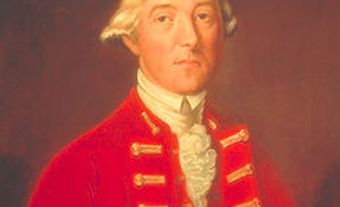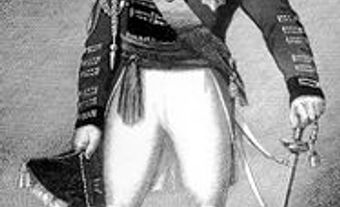James Bruce Elgin, 8th Earl of, governor general of Canada 1847-54 (born 20 July 1811 in London, England; died 20 November 1863 in Dharmsala, India ). As a student at Eton and Oxford, Elgin displayed the brilliance that sparked his later reputation as an inspired orator, cultured humanist and judicious administrator. Appointed as governor of Jamaica in 1842, Elgin was named Governor General of Canada in 1846 and arrived in Montreal on 30 January 1847.

The Colonial Office had previously resisted the concession of responsible government as demanded by Canadian Reformers, but Elgin and the new Colonial Secretary, Earl Grey, believed it offered the best way to settle Canadian political strife. When the Draper-Viger administration lost the election of 1848 to a Reform majority, Elgin commissioned Louis-Hippolyte LaFontaine to form the first truly responsible government.
The new administration passed the Rebellion Losses Bill in 1849, evoking vehement Tory opposition. When Elgin gave the bill his assent, he was attacked by angry mobs and the Parliament buildings in Montréal were burned. Elgin weathered this crisis without compromise, ensuring that responsible government would prevail. Elgin is also noted for the diplomatic finesse with which he secured ratification by the US Senate of the Reciprocity Treaty in 1854, a measure much desired by Canadians at the time as an antidote to economic stagnation.
After leaving Canada in 1854, Elgin was special commissioner to China in 1857-59 and 1860-61. In between these appointments he served as postmaster general in the Palmerston Cabinet. In 1862 he was appointed viceroy and Governor General of India.


 Share on Facebook
Share on Facebook Share on X
Share on X Share by Email
Share by Email Share on Google Classroom
Share on Google Classroom


